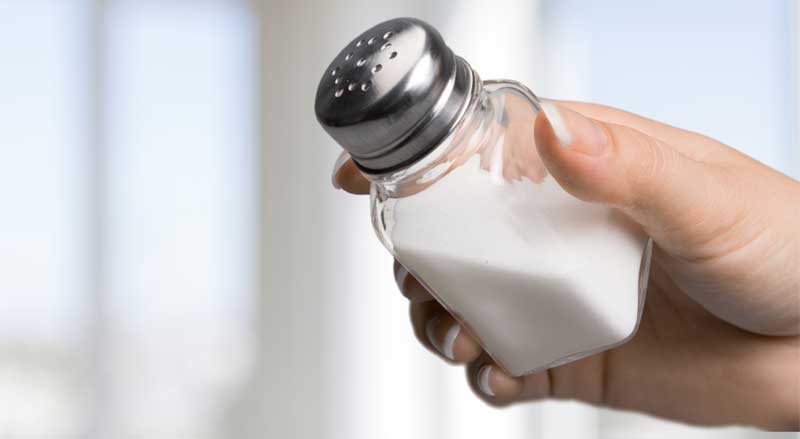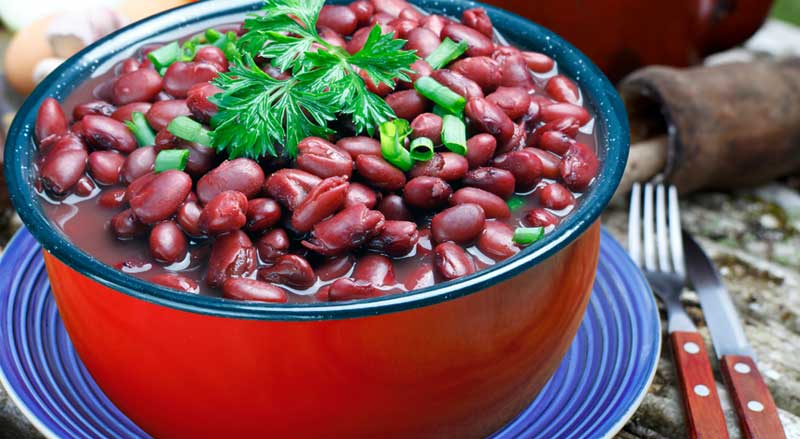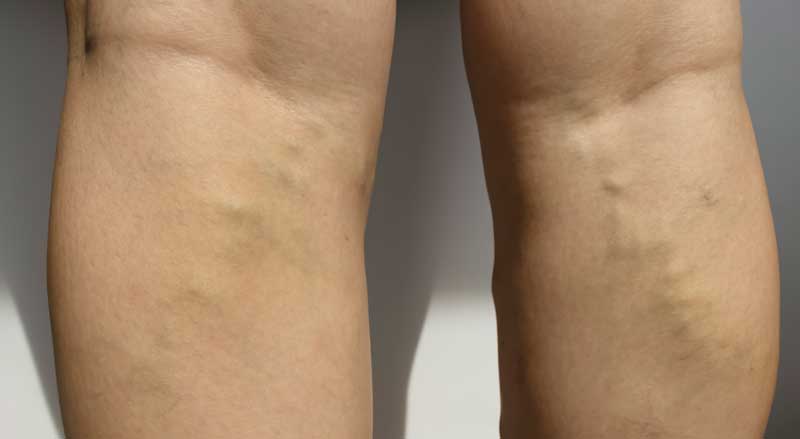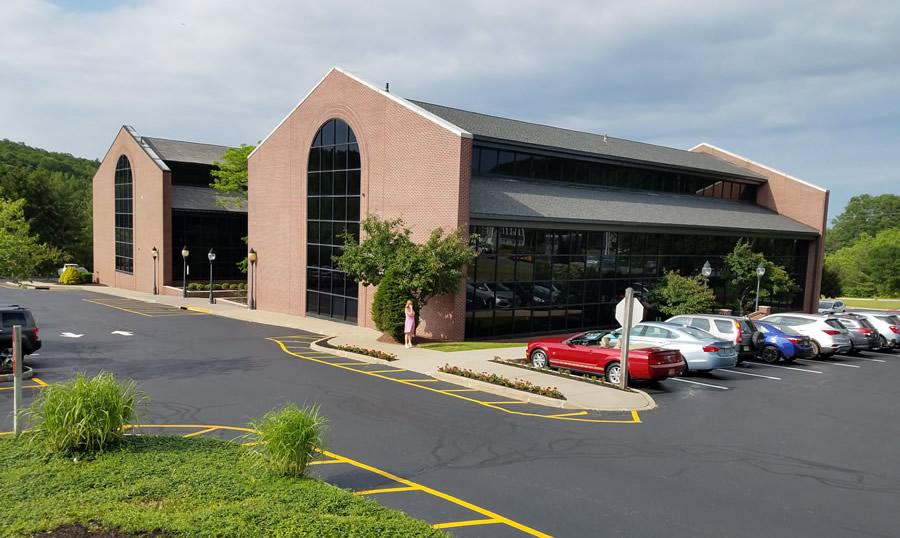There’s an old saying, “You are what you eat.” This is particularly true for vein health. If you have been wondering about diet and varicose veins, you’ll be interested to learn what’s the connection.
While a great diet can’t remove varicose veins, it can lessen symptoms and support better vein health in the future. It can even slow the development of varicose veins.
Diet Affects Varicose Vein Health
It may not surprise you to learn there’s a connection between diet and varicose vein health. But did you know, this connection is quite strong?
The healthier your diet choices are, the healthier your veins will be.
And, adjusting your diet for greater vein health will also have a positive effect on your heart health, blood pressure, and more!
A healthful vein-supporting diet will:
- Improve blood circulation
- Support blood vessels
- Keep vein pressure to a healthy minimum
If you already have varicose veins, a good diet can lessen the severity of symptoms and possibly keep more varicose veins from developing.
How to Adjust Your Diet for Varicose Vein Health

What to Avoid
You should avoid foods that are highly processed and contain lots of salt.
Salty foods and many highly processed foods cause the body to increase its volume of fluids. This places more pressure on varicose veins and impedes blood circulation.
Not getting enough fiber in your diet, causes constipation in your digestive system—a common contributor to the development of varicose veins.
Show your veins you love them by avoiding:
- Sugar—contributes to weight gain
- Processed meats—causes water retention
- Salt—adds pressure to veins
- Dairy—can cause constipation
- Fried foods—clogs arteries and reduces blood flow
Here’s how drinking alcohol affects vein health.
What to Include in Your Diet
One key to having healthy veins is to make sure your diet supports good blood circulation.
Eating a diet rich in omega-3 fatty acids, antioxidants, and nutrients goes a long way to support vein health.
In dealing with diet and varicose veins, the good news is that vein-friendly foods are common and easy to find in your local grocery store.
Fruits and Vegetables
Most fruits and vegetables are great for your body and support good vein health.
Many fruits are chock full of antioxidants and anti-inflammatories. They also contain many nutrients that support vein health as well and keep blood vessels from leaking.

Citrus fruits, including oranges and lemons, are bursting with vitamin C and help reduce swelling in varicose veins. Reduced swelling means much less pain in your legs after a long day of standing or sitting in one place.
Fruits also are high in fiber and reduce constipation.
Some fruits and vegetables to include in your diet for improved vein health are:
- Avocados
- Beets
- Grapes
- Kale
- Berries
- Black Olives
- Ginger

Fiber
Foods with fiber help prevent constipation. Constipation promotes varicose vein development since it increases pressure on veins.
Fiber-rich foods also help keep cholesterol levels low and blood pressure at a healthy level.
Onions
Chopping onions may make your eyes tear, but they contain many nutrients that will make your body happy.
Onions contain Vitamin B6, zinc, fiber, and many nutrients that help your blood circulation.
Enjoy them in green salads and other healthful dishes.
Copper
Copper is an essential nutrient that promotes circulation and supports the body’s immune system.
If you don’t get enough copper, veins become less elastic. This makes the veins more likely to swell and gradually weaken.
There are many significant dietary sources of copper, including:
- Beef liver
- Almonds
- Asparagus
Bioflavonoids
Bioflavonoids are anti-inflammatories that do great things for your body and veins. They help treat osteoarthritis and other inflammatory conditions. Along with vein health, they also support blood circulation and heart health.
They will not only reduce vein swelling but help to strengthen vein walls.
Rutin is a naturally occurring bioflavonoid that protects blood vessels and has anti-inflammatory properties to protect against blood clots.
It’s found in apples and asparagus and many other fruits and vegetables.
Some additional sources of bioflavonoids include:
- Dark chocolate
- Grapes
- Kidney beans

Here’s more information on top foods for improved circulation and vein health.
You may also be interested in these additional diet tips for keeping veins healthy.
Additional Steps to Take for Vein Health
Drink Plenty of Water
Good hydration will help keep your circulatory system runny smoothly. It helps keep blood volume constant, flushes out waste from the system, and makes varicose veins feel better.
Water and fiber together work to keep bloating to a minimum and prevent constipation.
Physical Activity
A good tip for improved circulatory health and healthy veins is to have daily physical activity. This keeps the blood in your veins moving and helps keep veins healthy.
Of course, you never want to overdo it. Your doctor can recommend a good exercise program for you. Even walking every day will provide great benefits for your veins.
Do You Have Varicose Veins?
Varicose veins are those thick raised veins that people often see on their legs and feet. They can cause many physical symptoms, including pain, itchiness, and swelling.
Read more about varicose veins here.
If you have varicose veins, a screening can tell you how these veins are affecting your overall health. You can also learn about pain-free, proven treatments to eliminate your varicose veins.
Contact us at NJVVC for a free varicose vein screening.


